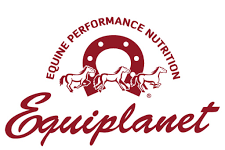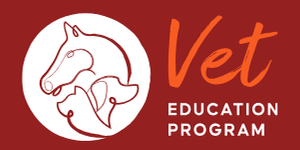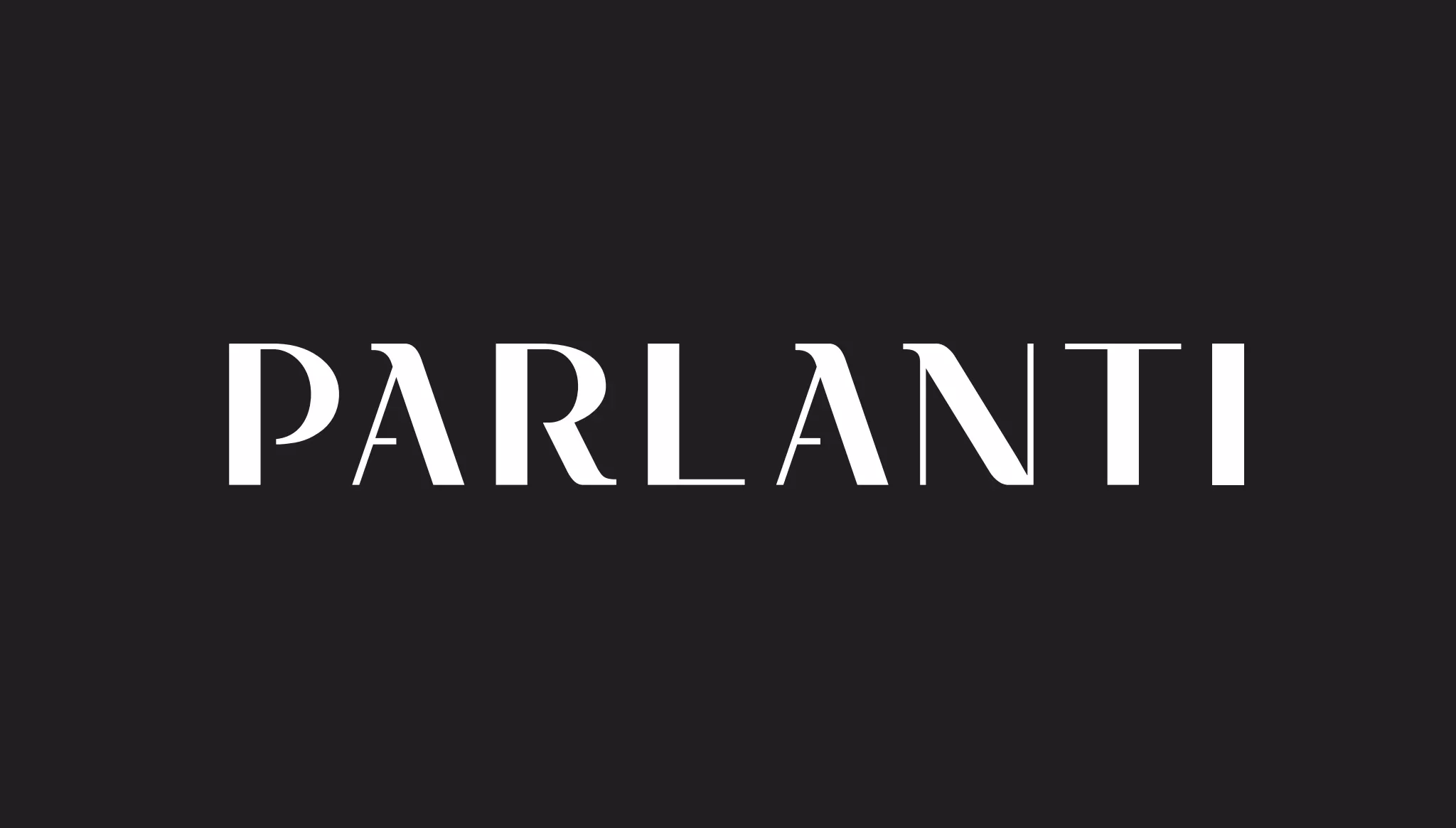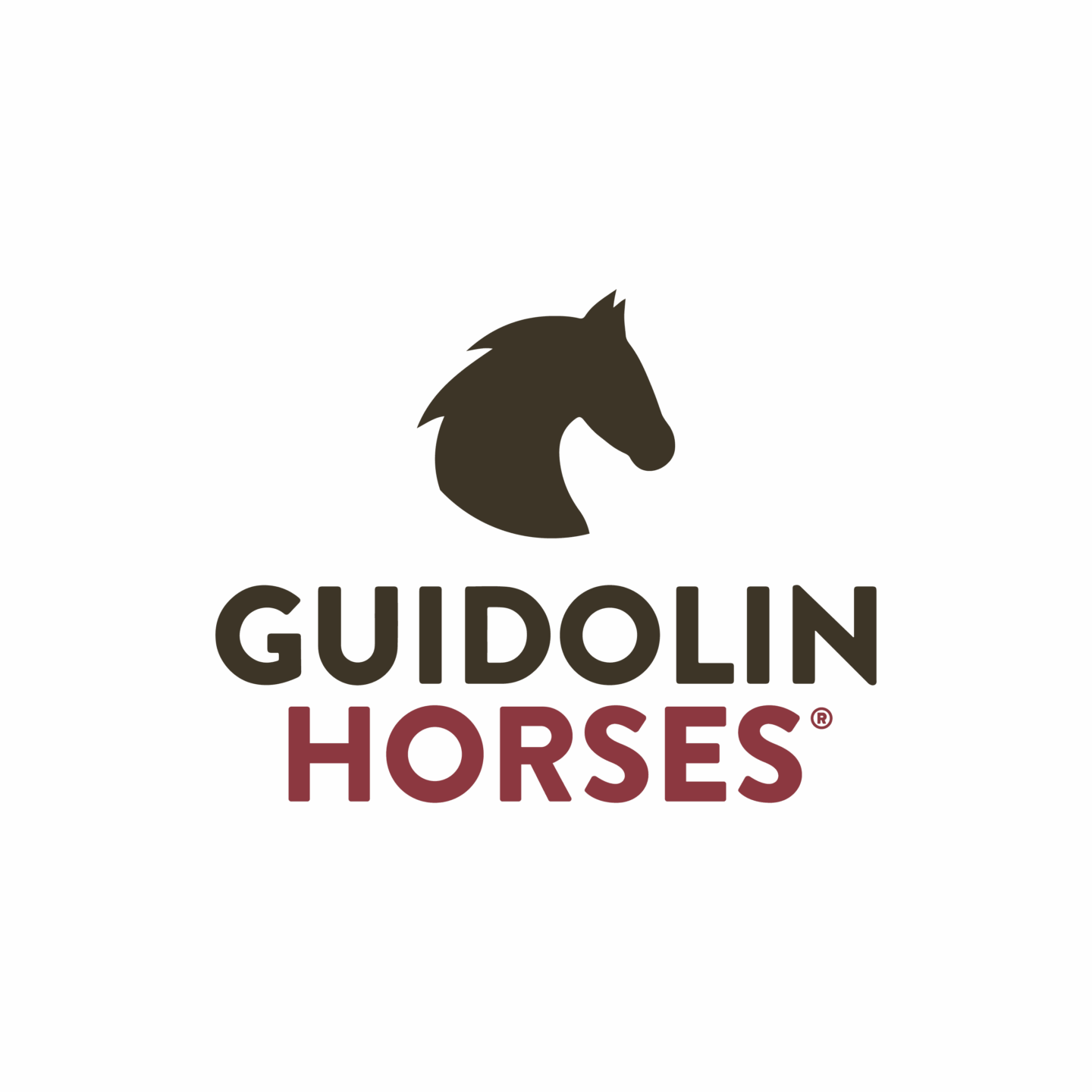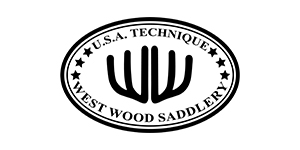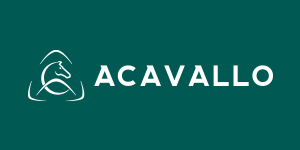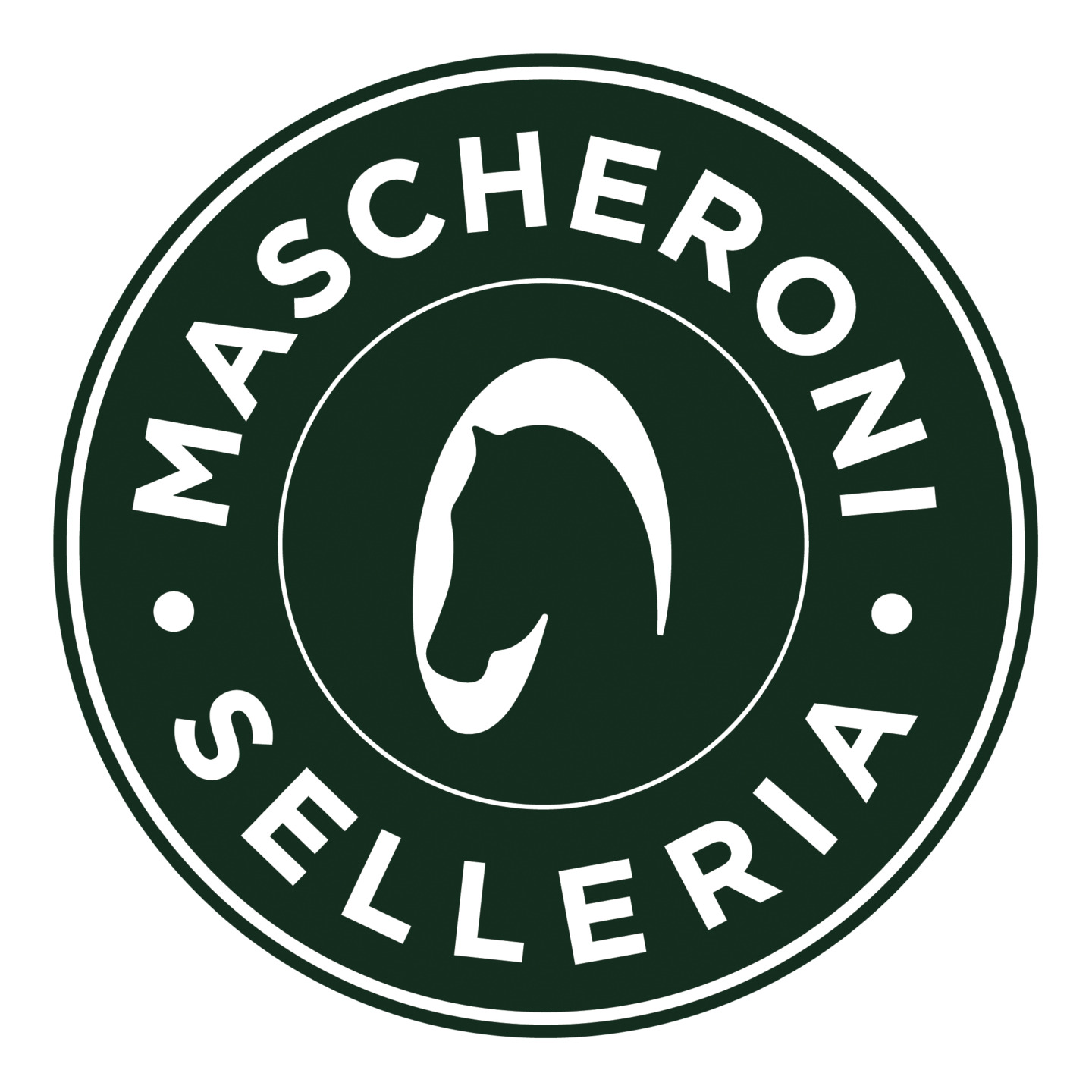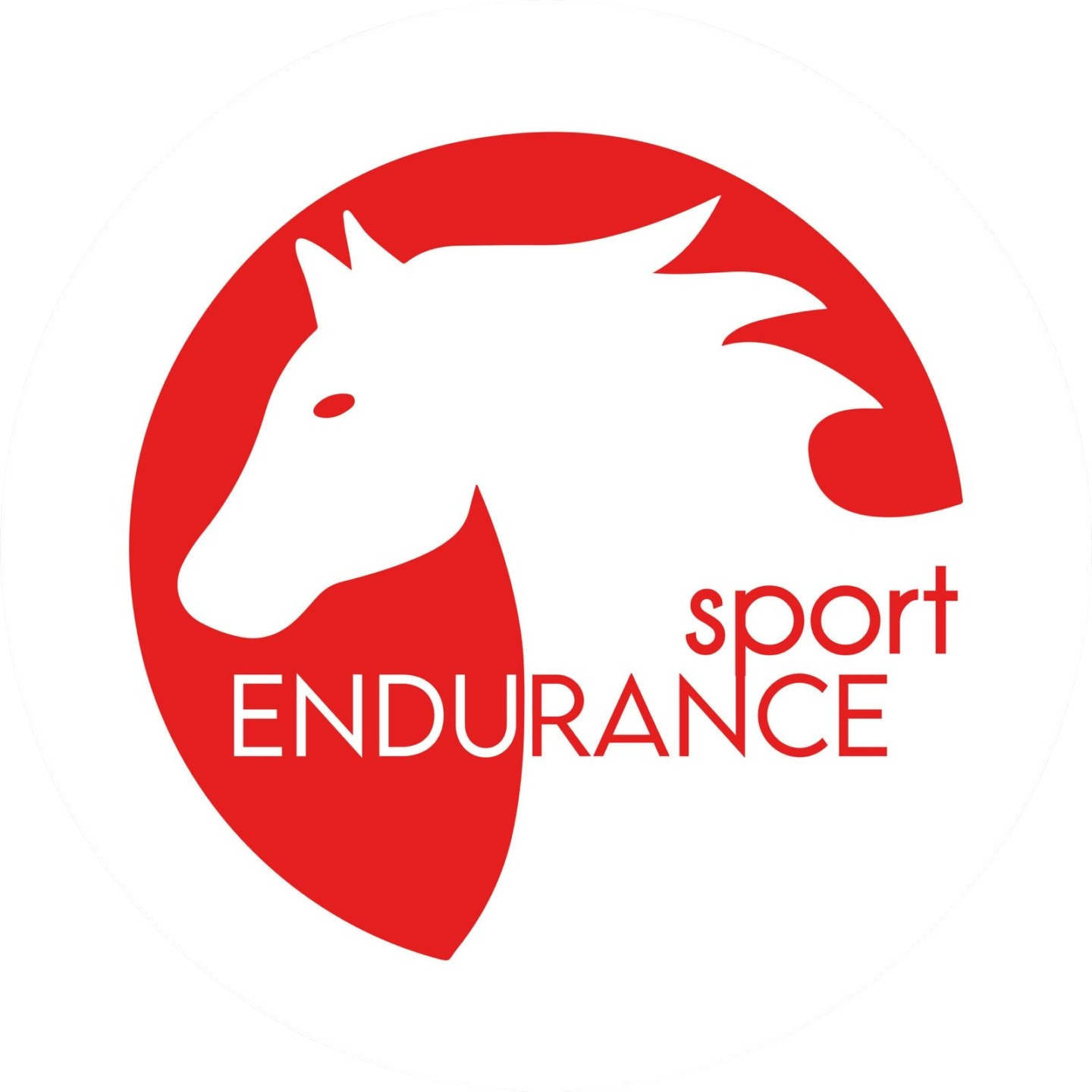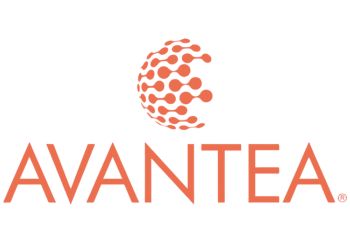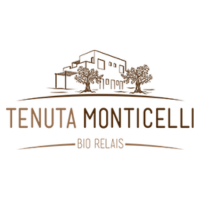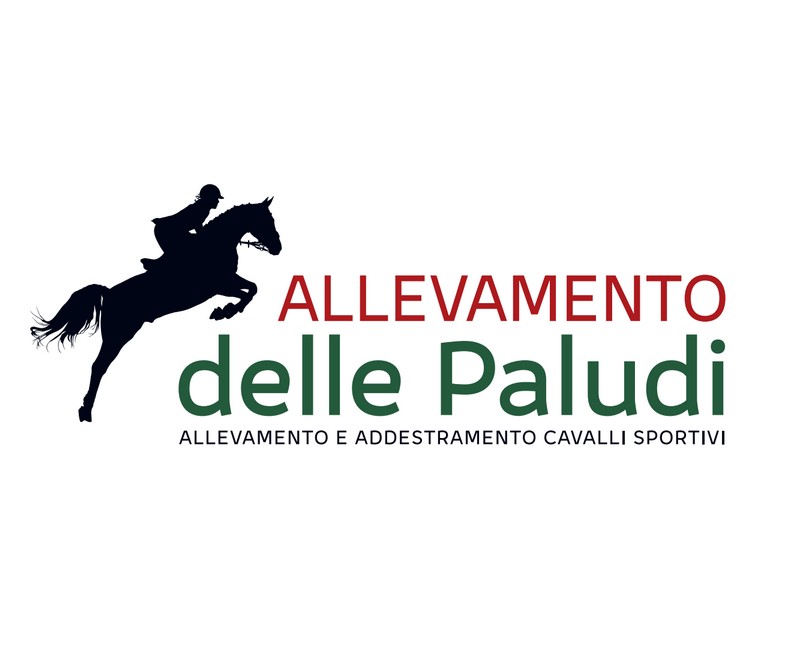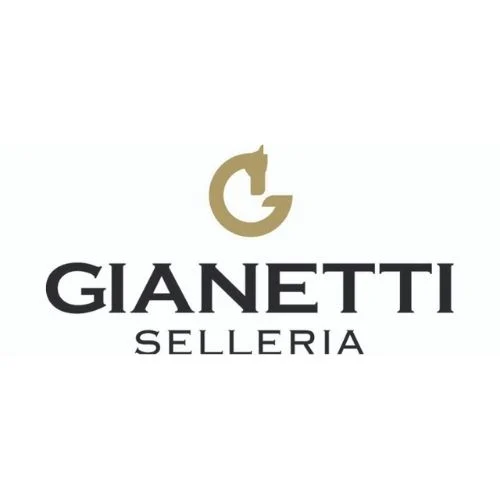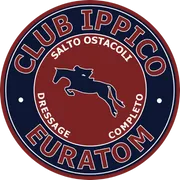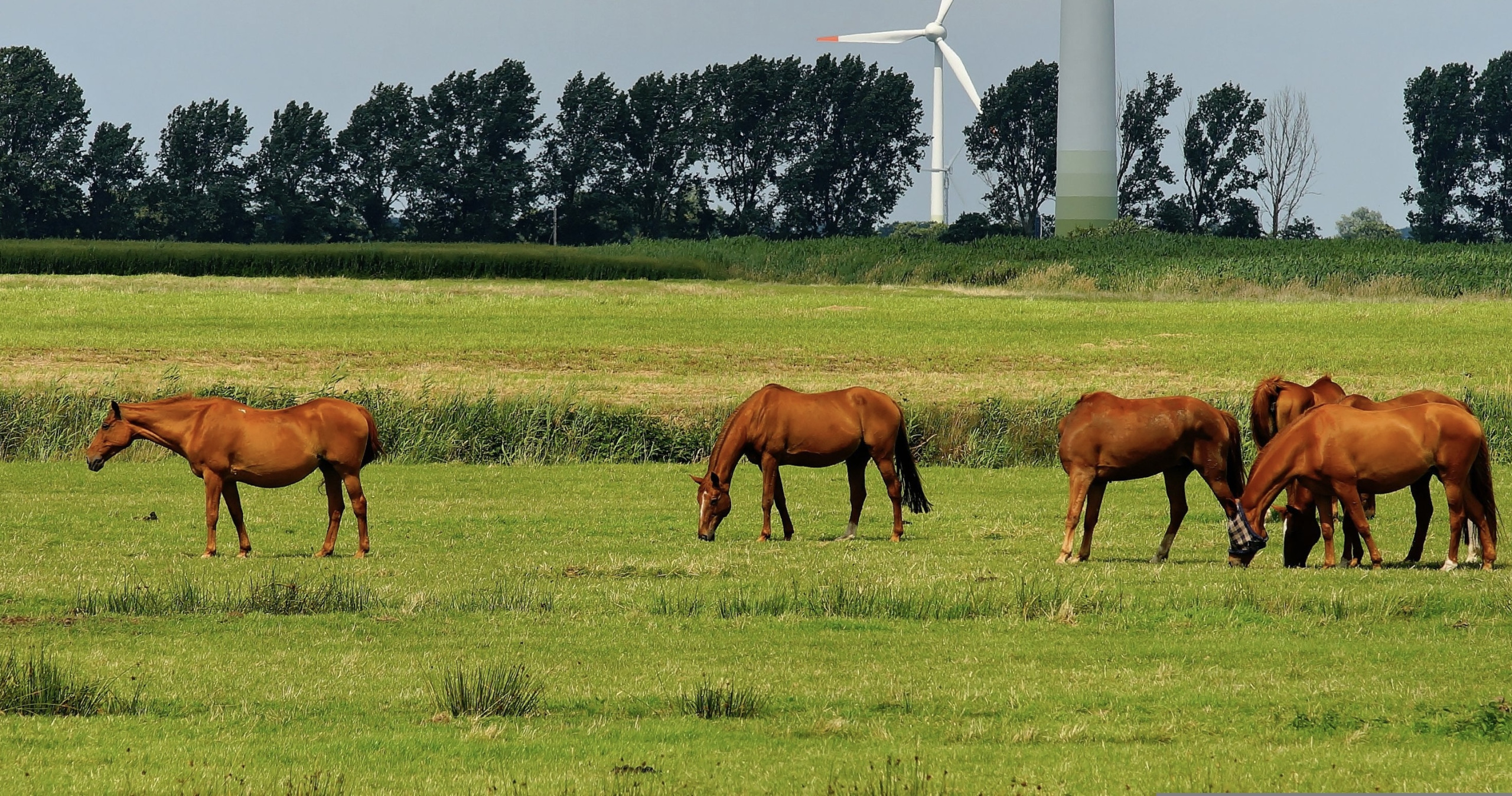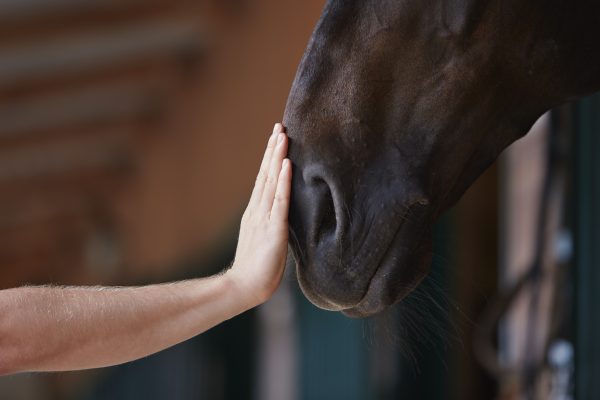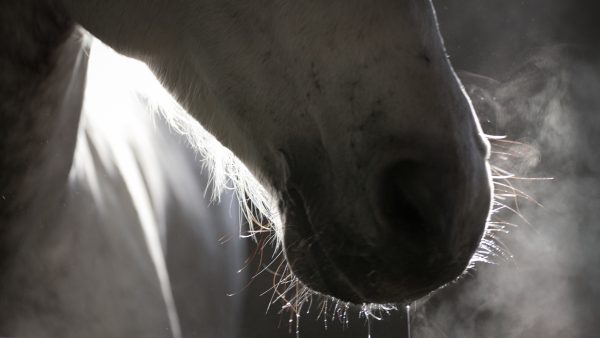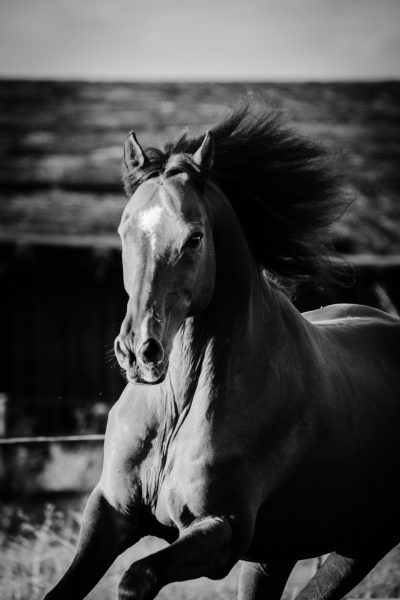
As our equine companions age and retire from their active years, a new chapter begins in their lives. Dr. Barbara Garbagnati, Head of the Department of Intensive Care at the Piola Veterinary Clinic in Pozzuolo Martesana, shares valuable insights on how to care for these senior horses, ensuring they maintain their health and vitality during their well-deserved retirement.
The Quest to Preserve Weight and Muscle Mass
One of the primary challenges in managing elderly horses is to prevent weight loss. As Dr. Garbagnati emphasizes, “There will be a decrease in muscle mass and very often also fat.” To counter this, caregivers must focus on tailoring the diet and living conditions to meet the unique needs of these aging equines.
The Benefits of Grazing
For those fortunate enough to have access to pastures, allowing senior horses to graze becomes a cornerstone of their nutritional regimen. Dr. Garbagnati advises, “Try to find them small paddocks so that they can eat grass with high nutritional content.” This lush and nutrient-rich grass not only helps maintain body weight but also provides essential vitamins and minerals.
However, she acknowledges that not all regions or facilities have the luxury of abundant grazing options. In such cases, the key lies in providing an appropriate alternative.
The Importance of Hay
In regions where pastures are limited, high-quality hay becomes the lifeline for elderly horses. Dr. Garbagnati underscores, “The elderly patient chews slowly and has dental problems, so he must have hay at his disposal.” The slow chewing process is not merely a matter of preference but a necessity. Aging horses may face dental challenges that require them to take their time while eating.
“Proper dental care is crucial,” she adds, as dental issues can impede the horse’s ability to chew hay effectively. Routine dental check-ups and adjustments are vital for ensuring that hay consumption remains efficient.
Supplementation and Metabolic Disorders
Elderly horses often contend with metabolic disorders, making their dietary requirements unique. Dr. Garbagnati advises horse owners to consult with a veterinarian to establish a suitable diet and therapeutic approach tailored to the horse’s specific condition.
One common aid for senior horses, especially those confined to stalls, is the use of supplements. These supplements are designed to address deficiencies or special needs, further highlighting the need for individualized care.
The Silent Battle: Internal Parasites
While we might focus on the visible signs of aging in horses, internal parasites can pose a hidden threat to their well-being. Dr. Garbagnati stresses the importance of regular deworming. She notes, “The presence of parasites at the intestinal level causes weight loss and chronic enteritis problems, leading to malabsorption.”
Elderly horses, like their younger counterparts, require protection from internal parasites to maintain their overall health.
A Holistic Approach to Equine Retirement
In conclusion, Dr. Barbara Garbagnati reminds us that even in their retirement, horses have nutritional needs that demand attention. Managing the diet of elderly horses goes beyond merely ensuring
they don’t lose weight; it’s about preserving their vitality and well- being.
As these equine companions have given us years of joy and service, the least we can do is offer them the care, nutrition, and attention they need in their golden years. It’s a reflection of the enduring bond between humans and horses, an alliance that transcends age and stands strong in the face of the passage of time.
V. Sozzi
© Rights Reserved.
Stay updated on Horse Show Jumping news
Subscribe to the newsletter